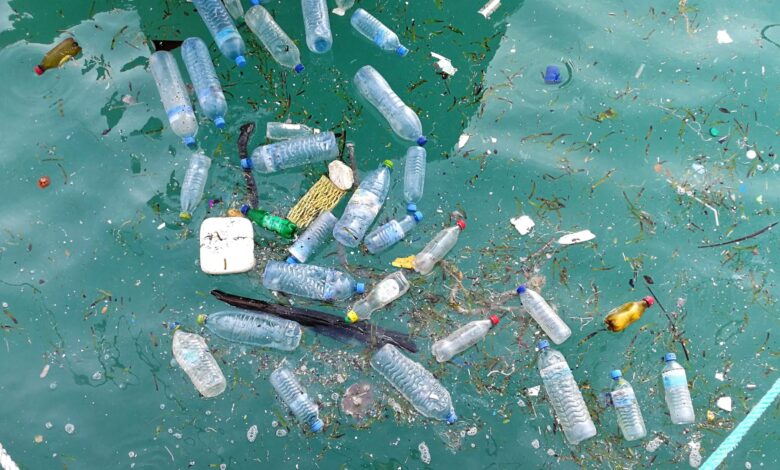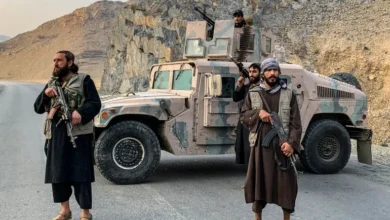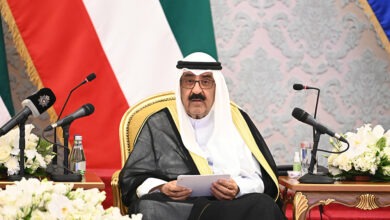
In a critical step toward addressing one of the planet’s most urgent environmental threats, delegates from approximately 180 countries have convened in Geneva for ten days of negotiations under the United Nations banner. Their mission: to finalize a legally binding global treaty to curb plastic pollution, a problem that experts say costs the world at least $1.5 trillion annually and poses grave health risks — especially to children.
Ecuadorian diplomat Luis Vallejo Valdivieso, chairing the discussions, cautioned that success is far from guaranteed. “A binding agreement won’t emerge spontaneously,” he warned, as negotiations opened following the failure of the previous round in Busan, South Korea, last December. That meeting ended in stalemate, blocked by a handful of resistant nations.
UN Environment Program (UNEP) Executive Director Inger Andersen, who is spearheading the process, remains hopeful. “Most countries I spoke to are coming to Geneva to reach a deal,” she said, while acknowledging the road ahead would be difficult. “Will there be complications? Yes. But is a treaty achievable? Absolutely.”
Ahead of the talks, scientists and civil society groups stepped up their calls for action. A new report published in The Lancet warned that plastic pollution is a “serious, growing, and underestimated health risk,” particularly affecting children in vulnerable regions.
Philip Landrigan, a U.S.-based physician and lead researcher, emphasized the widespread contamination of water sources by microplastics. His concerns were echoed by Robert Chikwanini, an NGO leader from the Democratic Republic of Congo, who told AFP, “Plastic pollution in our rivers and lakes is causing diseases, especially among children.”
A powerful art installation was unveiled outside the UN headquarters to underline the urgency. The Thinker’s Burden, created by Canadian activist Benjamin Von Wong, shows Rodin’s iconic statue partially submerged in plastic waste—symbolizing humanity’s entrapment in the consequences of its own consumerism.
Despite the calls for strong regulation, industry representatives pushed back. Matthew Kastner, a spokesperson for the American Chemical Industry Council, argued that plastics are “essential to public health,” noting their use in sterile medical tools and food safety packaging.
Greenpeace and other NGOs rejected this defense. “We must stop producing such vast amounts of plastic,” said Graham Forbes, leading Greenpeace’s delegation. Meanwhile, Seema Prabhu from Trash Hero World called for a “just transition” away from petrochemical dependency in Southeast Asia, proposing a shift toward jobs in recycling, waste collection, and reuse.
Valdivieso assured observers that lessons had been learned from past failures and emphasized that NGOs would now have access to key discussions. Contentious issues on the table include banning specific chemicals, capping plastic production, and mechanisms for accountability.
The next ten days in Geneva may determine whether the world finally gets a meaningful, enforceable treaty—or slides further into a crisis of its own making.













